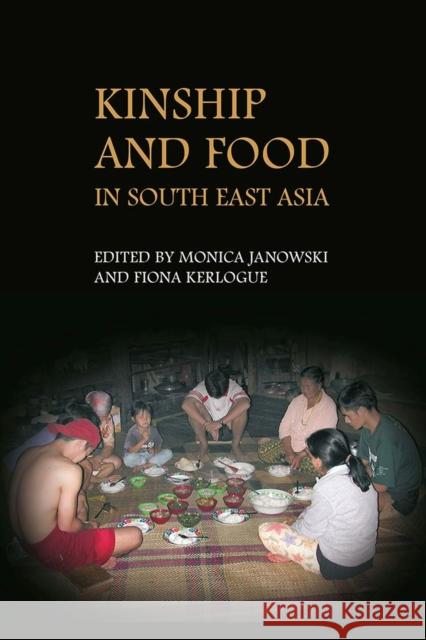Kinship and Food in South East Asia » książka
Kinship and Food in South East Asia
ISBN-13: 9788791114939 / Angielski / Miękka / 2007 / 336 str.
Food has an important role in establishing and structuring social and kin relations in Southeast Asian societies. For this reason, there is growing interest within anthropology in understanding how the production, processing and consumption of food is one important basis for the construction of ties of relatedness, so-called 'kin' ties. These are often based at least partly on 'shared substance'. In this respect, a book on Southeast Asia is especially interesting in understanding kinship since the region is generally taken to include a number of distinct types of kin structures.This book offers eleven chapters covering a range of societies in different parts of Southeast Asia. It examines ways in which food is used to think about and bring about ties between generations and within generations - including between the living and the dead - in particular through the feeding relationship. Significant parallels emerge between the societies covered: in the role of rice especially; in gender complementarity in relation to different foods; in the belief that food and drink carry fertility, 'blessings' or 'life force' from ascending to descending generations; and in the use of the feeding relationship to generate hierarchy. These parallels suggest that there may be underlying similarities in cosmology between these widely varying societies.A significant contribution to the ongoing debate on the nature of kinship in Southeast Asia, this volume will be useful as a textbook for courses within anthropology, including on the anthropology of food and environmental anthropology.











